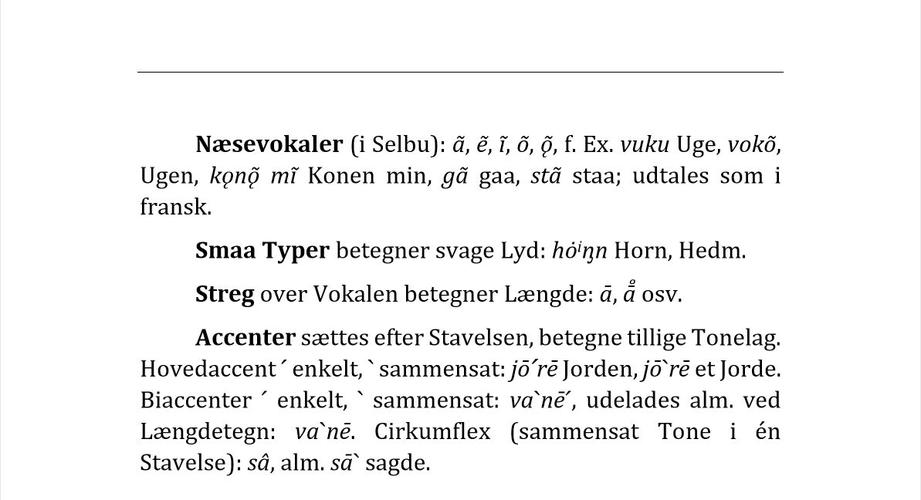Forskrift til Lov om Register over Reelle Rettighetshavere
The Register over Real Right Holders, also known as the Real Right Holder Register, is a crucial legal framework designed to enhance transparency and accountability in various sectors, particularly in the financial and corporate domains. This article aims to provide a comprehensive overview of the register, its purpose, structure, and implications for stakeholders involved.
Purpose of the Register
The primary objective of the Real Right Holder Register is to ensure that the beneficial ownership of companies, trusts, and other legal entities is transparent and accessible to the public. This is particularly important in combating money laundering, tax evasion, and other financial crimes that often involve complex corporate structures and anonymous ownership.

Structure of the Register
The Real Right Holder Register is organized in a manner that allows for easy access and retrieval of information. It typically includes the following details:
| Information Type | Description |
|---|---|
| Legal Entity Name | Name of the company, trust, or other legal entity |
| Registration Number | Unique identification number assigned to the entity |
| Beneficial Owner | Individual or entity that ultimately owns or controls the entity |
| Percentage of Ownership | Percentage of shares or interest held by the beneficial owner |
| Address | Physical or registered address of the beneficial owner |
| Date of Birth | Date of birth of the beneficial owner (if an individual) |
Access to the register is typically restricted to authorized individuals and entities, such as government officials, financial institutions, and law enforcement agencies.
Implementation and Compliance
The implementation of the Real Right Holder Register varies across jurisdictions. In some countries, the register is maintained by a government agency, while in others, it is managed by a private entity. Compliance with the register requirements is mandatory for all legal entities, and failure to comply can result in penalties and legal consequences.
Benefits of the Register
The Real Right Holder Register offers several benefits to various stakeholders:

-
Enhanced Transparency: The register ensures that the beneficial ownership of companies and other legal entities is transparent, making it easier to identify and track the ultimate owners.
-
Combatting Financial Crimes: By providing a centralized database of beneficial ownership information, the register helps in combating money laundering, tax evasion, and other financial crimes.
-
Facilitating Due Diligence: The register enables businesses and financial institutions to conduct effective due diligence on their clients and partners, reducing the risk of engaging with entities involved in illegal activities.
-
Supporting Policy Development: The register provides valuable data for policymakers and regulators to develop and implement effective measures to combat financial crimes and promote transparency.
Challenges and Limitations
Despite its numerous benefits, the Real Right Holder Register also faces certain challenges and limitations:
-
Privacy Concerns: The disclosure of beneficial ownership information raises privacy concerns, particularly for individuals who may be targets of harassment or violence.
-
Accuracy of Information: Ensuring the accuracy and completeness of the information in the register can be challenging, as it relies on the reporting obligations of legal entities and their beneficial owners.
-
Cost and Resources: Maintaining and updating the register requires significant resources, both in terms of financial investment and human capital.
Conclusion
The Real Right Holder Register is a vital tool in the fight against financial crimes and promoting transparency in the corporate world. While it faces certain challenges, its benefits far outweigh the limitations. As more jurisdictions adopt and implement the register, it is expected to become an integral part of the global financial system.




